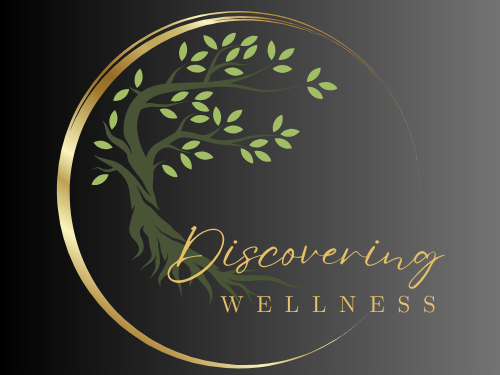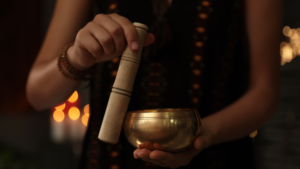
Solar eclipses are captivating celestial events that draw the attention of people worldwide. As the moon moves between the Earth and the sun, casting its shadow upon our planet, many are eager to witness this rare occurrence firsthand. However, there’s a misconception that staring at a solar eclipse is somehow more dangerous than staring at the sun on an ordinary day. In reality, both activities pose significant risks to eye health but differ in some aspects of their dangers.
The Fascination of Solar Eclipses
Solar eclipses have mesmerized humanity for centuries. The dramatic alignment of celestial bodies, the temporary darkness that envelops the Earth, and the eerie beauty of the solar corona all contribute to the allure of these events. As such, it’s no wonder that people are drawn to witness them, often without fully understanding the potential risks involved.
The Risks of Staring at Solar Eclipses
One common misconception about solar eclipses is that they are somehow less harmful to the eyes than staring at the sun on a regular day. While it’s true that the dimming effect of the eclipse can make it more comfortable to look at the sun for extended periods, this doesn’t mean that it’s safe. In fact, staring directly at a solar eclipse can cause severe damage to the eyes, including permanent blindness.
During a solar eclipse, the sun’s intense rays can still penetrate the Earth’s atmosphere and reach our eyes. Even when partially obscured by the moon, the sun’s brightness remains a potent threat to eye health. Prolonged exposure to this intense radiation can lead to solar retinopathy, a condition characterized by damage to the retina.
The Crowding Effect
One factor that increases the risk of eye damage during a solar eclipse is the phenomenon known as the “crowding effect.” As the sunlight dims during an eclipse, the pupils of our eyes naturally dilate to allow more light to enter. This dilation can be problematic when staring directly at the sun, as it allows more damaging solar radiation to reach the retina.
Unlike on a regular day when the sun’s brightness prompts us to avert our gaze quickly, the reduced lighting conditions during an eclipse may encourage prolonged staring. This combination of factors—diminished discomfort and increased pupil dilation—can significantly elevate the risk of eye damage during a solar eclipse.
Comparing the Risks
While staring at the sun during a solar eclipse may not be inherently more harmful than doing so on a regular day, there are some differences in the risks associated with each activity. On a typical day, the sun’s brightness serves as a natural deterrent, causing discomfort or even pain when we attempt to stare directly at it. This discomfort prompts us to avert our gaze quickly, limiting our exposure to harmful radiation.
During a solar eclipse, however, the dimming effect can make it more comfortable to look at the sun for longer periods, leading to increased exposure and greater risk of eye damage. Additionally, the crowding effect further amplifies the dangers of staring at the sun during an eclipse, as it allows more damaging radiation to reach the retina.
Protecting Your Eyes
Given the risks involved, it’s essential to take precautions to safeguard your eyes during any solar observation. One of the most effective ways to protect your eyes during a solar eclipse is to use proper eye protection, such as eclipse glasses or solar filters. These specially designed lenses can block out harmful ultraviolet and infrared radiation while allowing you to safely view the eclipse.
If you don’t have access to eclipse glasses or solar filters, there are alternative viewing methods that you can use to observe the eclipse indirectly. One popular technique is to create a pinhole projector using cardboard or paper, which allows you to view the eclipse’s image without directly exposing your eyes to the sun’s rays.
Conclusion
While solar eclipses are undoubtedly fascinating events to witness, it’s crucial to remember that they can pose significant risks to eye health if proper precautions are not taken. Staring directly at the sun during a solar eclipse can cause permanent damage to the eyes, including solar retinopathy and even blindness. By understanding the risks involved and taking appropriate measures to protect your eyes, you can safely enjoy the beauty of a solar eclipse without putting your vision at risk.



